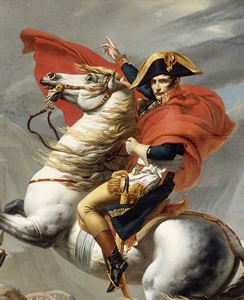Foundations of Modern France

In the late 18th century, France saw a dramatic and bloody transition from a monarchy to a republic. The France we know today has its origins in this revolution. This collection of speeches comes from before, during, and after the fall of the French monarchy.